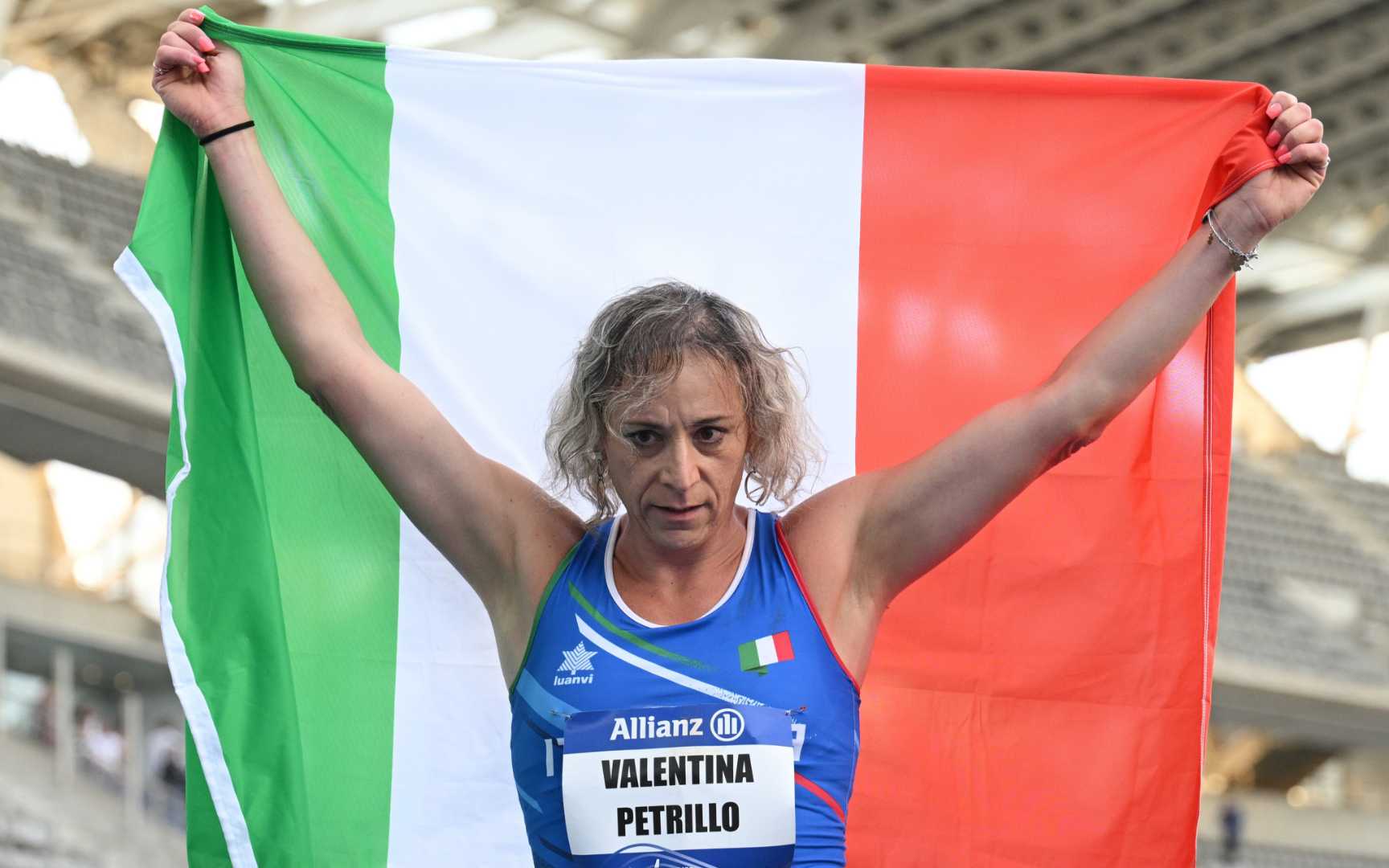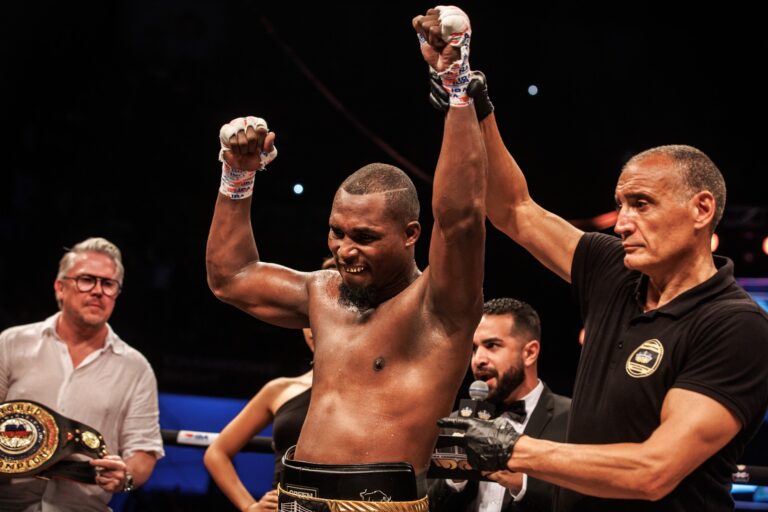Italian Valentina Petrillo, who was assigned as male at birth, is set to compete in the women’s T12 classification for visually impaired athletes at the Paris 2024 Paralympics. She has been registered for both the 200m and 400m events.
While it is not the first time a trans woman will be competing in the Paralympic Games, Petrillo’s inclusion is drawing more attention to the debate surrounding transgender athletes in para sports.
AN OLYMPIC DREAM
Born in Naples, Petrillo said watching Italian sprinter watching Italian sprinter Pietro Mennea win gold in the 200 metres at the 1980 Moscow Olympics inspired her to take up athletics.
“From that moment on, my adventure in pursuit of a dream began – to win an Olympic title. Athletics is my life, I like running, but above all I like running fast,” she told tg24.sky.it.
BECOMING A WOMAN
She began running at an early age but her Olympic dream was halted at the age of 14 when she was diagnosed with Stargardt disease, a degenerative eye condition, for which there is no cure.
After nearly three decades, she took up para athletics at 41 years old, winning 11 national titles in the men’s T12 category between 2015 and 2018 as Fabrizio before transitioning in 2019.
“I’m happy as a woman and running as a woman is all I want. I couldn’t ask for more,” she told the BBC in 2021.
WORLD PARA ATHLETICS’ RULE
Last year, World Athletics banned transgender women who have undergone male puberty from elite female competitions.
But the World Para Athletics has its own policy. The WPA, in a statement to the Associated Press, said transgender athletes in its women’s competitions are required provide evidence that their testosterone levels have been below 10 nanomoles per liter of blood for at least 12 months prior to their first competition.
The WPA added: “Any future changes to WPA’s rules position in this area will only be considered following appropriate consultation with teams and athletes and taking into consideration the rights and best interests of all those involved.”
IPC PERSPECTIVE
The International Paralympic Committee president Andrew Parson told the BBC last year: “From an IPC perspective, we allowed individual sports to make their rules in terms of transgender. So these rules can be different from sport to sport.”
It was in 2017 that Petrillo told her now ex-wife – with whom she has a son – that she wanted to transition. Then she began hormone therapy two years later.
WINNING MEDALS
Now 50 years old, Petrillo ran her first official race as a female para-athlete in September 2020 – at the Italian Paralympics Championship, where she won gold in the 100m, 200m and 400m T12 events.
She would go on to finish fifth in the European Para Athletics Championships and last year in Paris she won bronze in the 200m and 400m at the World Para Athletics Championships – becoming the first openly transgender athlete to win a medal at a global para-athletics event.
THE FIRST
Dutch discus thrower Ingrid van Kranen was the first trans Paralympian. She competed at the Rio 2016 Games, finishing in the ninth position in the final.
But her participation did not really make waves globally. However, in recent years, the transgender debate has increasingly become more prominent especially in the world of sports.
ADVANTAGES
Some of Petrillo’s competitors think it is unfair that she is allowed to compete in women’s competitions.
German T12 sprinter Katrin Mueller-Rottgardt expressed her concerns to German tabloid Bild:
“Basically, everyone should live how they like in everyday life. But I find it difficult in professional sports.
“She lived and trained for a long time as a man, so there’s a possibility that physical conditions are different than for someone who comes into the world as a woman. So she could have advantages from it.”
DISADVANTAGES
Petrillo said she understands their concerns:
“I have asked myself ‘But Valentina, if you were a biological woman and you saw a Valentina racing with you, what would you think?’ And I responded to myself that I would also have some doubts,” she said.
“But then through my experiences and what I learned I can state clearly … that it doesn’t mean that because I was born a man that I will be stronger than a woman,” she told AP.
She also made reference to a study, funded by the IOC and published in the British Journal of Sports Medicine, which showed that transgender women were actually at a physical disadvantage compared to cisgender women across several areas, including lung function and lower body strength.
Credit: AIPS Media



